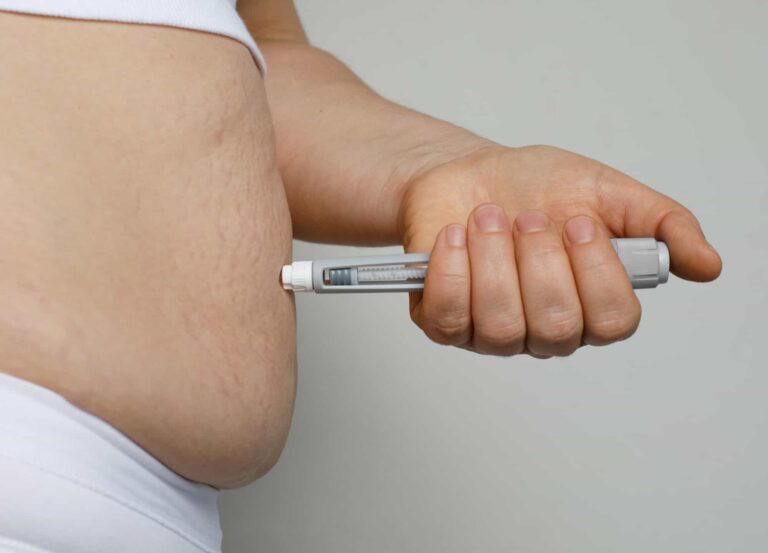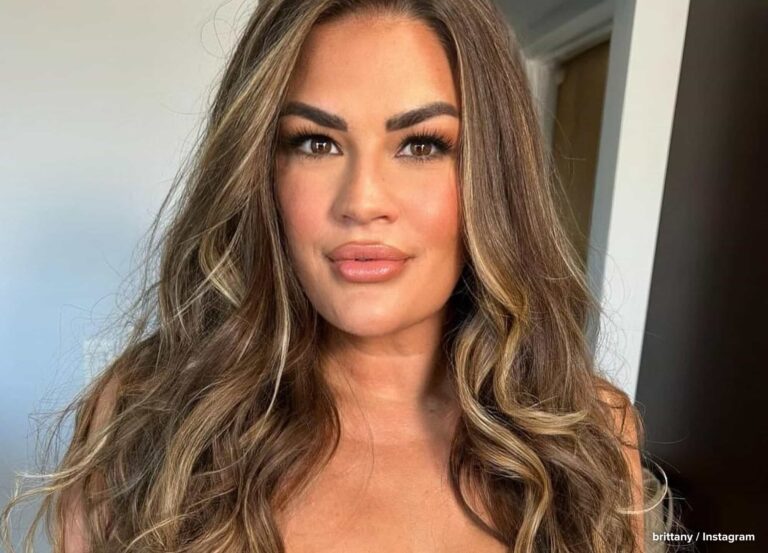You researched (and researched and researched) and found the courage to take the next step: Your first consultation to talk about breast augmentation (Link: NSFW) is finally scheduled.
To help you select a plastic surgeon right for your breast augmentation, we’ve compiled a list of 21 must-ask questions. Take these with you and be sure to ask every doctor you visit these questions — most recommend visiting with at least three surgeons before booking your actual surgery. You can even use our list as a reference at the end of your appointment.
1. Are you certified by the American Board of Plastic Surgery?
Surgeons certified by the American Board of Plastic Surgery must undergo strict certification that requires at least three years of general surgery training, two years of plastic surgery training, passage of written and oral exams, and adherence to a stringent code of medical ethics.
Visit Certification Matters and type in any doctor’s name to see if they’re board-certified. “Not only will you see if they’re boarded, but in what field they are boarded,” says Dr. Shahram Salemy, a plastic surgeon in Seattle. “Some general surgeons or dermatologists, for example, may call themselves plastic surgeons and try to perform these procedures.”
2. Where will my surgery be performed?
Your surgery should be done in an accredited outpatient surgery center or a hospital. An accredited surgery center has met requirements for patient safety. Certification by the American Association for the Accreditation of Ambulatory Surgery Facilities (AAAASF), the Accreditation Association for Ambulatory Health Care (AAAHC), or Medicare are all acceptable.
3. Do you have hospital privileges to perform this procedure?
Ask your surgeon if he or she is also allowed to perform breast augmentations in the hospital. Even if you’re getting the procedure done in an outpatient surgery center, it’s an extra layer of confidence. Hospital privileges mean other doctors have checked the surgeon’s training and credentials.
4. What sort of anesthesia can I expect during my procedure?
There are three main types of anesthesia used during breast augmentation: General (you’re asleep), local (the specific surgical site is numb), and IV sedation/”twilight anesthesia” (your level of consciousness is altered). There are benefits and risks associated with each one. Talk to your doctor about your options.
5. Will anesthesia be given by a board-certified anesthesiologist or nurse?
Your anesthesia should always be administered by a board-certified anesthesiologist. He or she should be present for the duration of your procedure, as well as during your recovery immediately after.
6. What are the risks associated with my procedure?
As with any procedure, it’s imperative to weigh the benefits versus the risks of breast augmentation. Make sure you’ve done your research before signing on the dotted line.
7. How often do you see breast augmentation complications in your practice?
No plastic surgeon is perfect, which means every doctor has dealt with some sort of complication. Often issues that arise have nothing to do with the skill of the plastic surgeon, but instead with the way an individual’s body decides to heal. Knowing how often your surgeon sees complications will give you the knowledge to confidently decide whether or not you’d like to follow through with the procedure.
8. If a complication does occur during or after my surgery, how will it be handled?
If you’re getting breast augmentation in an outpatient surgical center, your surgeon should have admitting privileges at a local hospital in case of a serious complications.
9. How many breast augmentations do you personally perform each year?
While it’s not necessary to select a plastic surgeon who’s been practicing for 20 years, in general, the more experience your doctor has, the better off you’ll be. Choose a physician whose level of experience you feel comfortable with.
10. Can I see before-and-after photos of previous patients?
Insist on looking through as many before-and-after photos (Link: NSFW) as you can. Some doctors may even have videos. Look for patients who have similar torso and breast shapes, so you can get a better sense of how your surgeon will tailor the procedure to your body type.
Related: Breast augmentation guide: Frequently asked questions.
11. Am I good candidate physically and emotionally for breast augmentation?
Certain habits or emotional states might make you a poor candidate for breast augmentation. Are you unwilling to give up smoking? Do you suffer from body dysmorphic disorder? Be honest with your doctor. Not doing so could result in serious complications down the line.
12. What can I do to ensure I get the best results possible?
Your doctor will discuss the steps you need to take before and after surgery to ensure the greatest results. Can you ditch unhealthy habits? Can you take the time off of work that you need to recover? If not, you may need to reconsider your surgery.
13. How long will my recovery be, and will I need help?
It’s important to know what to expect after surgery and how long it will last: When can you pick up your kids? When can you start driving again? When can you return to work? At the bare minimum, you’ll need a caregiver to drive you to and from your surgery, stay with you for 48 hours after your procedure, and drive you to your first post-op appointment. In some cases, you may need someone to stay with you for the first week.
14. Do you think saline or silicone breast implants are better for the look I want?
There are pros and cons to both saline and silicone implants, as well as times when each might be more appropriate to use than the other. You and your doctor must have a dialogue to pick the implant that is right for you.
Related: Silicone vs. saline? 5 things you need to know about picking the right breast implants
15. Which implant size, shape (round or teardrop) and texture are right for me?
While deciding whether to use saline or silicone, you’ll also need to choose which size, shape and texture are right for you. Each individual’s preference and body type will require something different.
It’s important to note that the FDA has issued a report linking a rare form of non-Hodgkin’s lymphoma, or BIA-ALCL, that is linked to textured implants. The reported incidents are low, and this is not breast cancer. While most implants are safe, it’s important to talk over the potential risks associated with textured implants with your surgeon.
16. Which incision locations do you suggest?
Most plastic surgeons on RealSelf tell us that practices offer a choice of three to four different incision types.
“The typical incision used for breast augmentation are: inframammary (in the fold beneath your breast), periareolar (at the border of the areola), axillary (within the armpit crease), and TUBA (through the umbilicus),” says Dr. Lewis Albert Andres, a plastic surgeon in Scottsdale, Arizona, in this RealSelf Q&A.
Before committing to any approach, it’s important to do consultations with at least three different surgeons and talk about the best incision options for you. While the location is mainly up to the patient, many plastic surgeons favor under the breast incisions. This location accommodates the largest variety of implants, while leaving the least noticeable scar.
17. Should I go for subpectoral (under the muscle) or prepectoral (over the muscle)?
Surgeons on RealSelf generally agree that under the muscle placement provides the best results, however there are cases when over the muscle is preferable.
“It is generally agreed that the best long-term results occur with under the muscle placement of breast implants,” said Dr. Manish H. Shah, a Denver plastic surgeon, in this RealSelf Q&A. “The implants are better protected, rates of capsular contracture are typically lower, and if you have saline implants or are very thin, rippling/waviness of the implant is less detectable. I typically only put implants over the muscle if the patient uses silicone implants and for extreme athletes, e.g. body builders, martial artists, heavy weight lifters, etc.”
18. What happens if I’m not satisfied with how my breasts look after surgery?
Each surgeon has his or her own policy regarding revision surgery after breast augmentation. Assuming adequate healing, many doctors will charge a reduced surgical fee, however the implants, anesthesia and facility costs will remain fixed.
Ideally, these details should be outlined prior to the original procedure. The best way to avoid having to undergo a revision is make sure you have an honest relationship with a surgeon you trust, and that both or you are on the same page before entering the operating room. And be sure to ask about revision policies during your initial consultation.
19. Will I be able to breastfeed after augmentation?
Implants shouldn’t limit your ability to breastfeed, nor will they pose any threat to the health of your infant, but you should definitely ask your doctor and discuss your concerns at your consult.
“In many cases people will be able to breastfeed after having augmentation surgery,” said Dr. William Andrade, a Toronto plastic surgeon, in this RealSelf Q&A. “However, it is important to note that adequate breastfeeding may be a problem even for some people without any breast implants. Nobody can be promised that they will breastfeed after implants.”
20. Will pregnancy and breastfeeding change the shape of my new breasts?
While your implants won’t be affected, changes will occur to the underlying muscles of the breasts. Stretching and shrinking during pregnancy and breastfeeding may result in a looser appearance.
“The breast implants should not affect your ability to breast feed, but the effects of breastfeeding to your breast can vary,” said Dr. Richard Fryer, in this RealSelf Q&A. “It is common for
“This can be improved with a breast lift,” says Seattle plastic surgeon Dr. Mary Lee Peters. “With the implants in place, you will most likely not experience much of a loss in volume.”
21. Lastly, will the person doing my consultation be the same person doing my surgery?
Now that you’ve discussed your options, desires and expectations, it’s important that the plastic surgeon you talked with at your consultation is going to be the same one performing your surgery.
More questions? Ask a medical expert.











